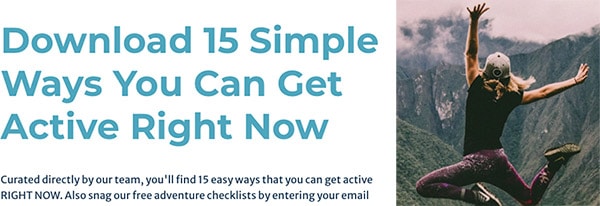Just because it’s a non-contact kind of sport, that doesn’t make snowboarding completely risk-free either. Taking a few precautions with gear and attitude can keep you safer when you’re out on your board.
Protect Your Eyes
Goggles are a must when snowboarding for several reasons. The first is to protect your eyes from flying snow, potential tree branches and other debris that can come through the air at your face. They also protect your eyes from the bright glare of the sun off all that white snow. Even if the day isn’t particularly sunny, staring at all that reflected light can be hard on your eyes. Get goggles with tinted lenses to bring down the light level. Finally, your goggles also protect your eyes and the top half of your face from the cold. Make sure that they fit closely to your head and that there aren’t big gaps to let all the cold air in.
Protect Your Head
No matter what style of snowboarding you prefer, you can always run the risk of a fall or collision and should plan on protecting your head. Any good helmet designed for winter use is fine for snowboarding (it doesn’t necessarily have to be a “snowboarding helmet”). Try one on while wearing your goggles to make sure they fit right together and that’s all you need to worry about.
Know Your Limits
There is nothing wrong with trying new tricks or a run with a few more obstacles, just keep it realistic and don’t take on more than you can handle. Another side of knowing your limits is keeping your board appropriate for your experience level. Trying to use a board designed for more advanced snowboarders is going to put you at risk for more accidents than necessary.
Use a Leash
This is actually more of a tip for other people’s safety than your own. A leash is a cord that attaches to your bindings at one end, and your boots at the other. If your board gets away from you, it won’t go sliding off down the hill. Runaway boards can be dangerous for everyone else in their path, and some runs will require you use one to help keep everyone safe.
Check the Weather
Just because it’s a glorious day when you get up in the morning doesn’t mean a snow squall isn’t right around the corner. The forecast is never 100% accurate so just use it as a guideline. Having some storm gear on hand, just in case, wouldn’t hurt. Same applies for bringing a lighter coat if the forecast is saying it will warm up before the day’s over. It’s not just about being comfortable either. Having the wrong clothes or equipment can be a safety risk when temperatures start to drop or the wind picks up.
Stop Before You Drop
Having a full day out on the snow is a blast, but you need to know when to quit. When your body is getting tired, you’re more likely to make mistakes that lead to accident or injury. Aches and stiffness are a sign that you should be heading back to the lodge to warm up and call it a day.
Hydrate
The last snowboard safety tip is to keep hydrated. We tend to think about the importance of water when it’s hot and sunny, and then ignore it during winter sports. Not a good idea. Have water with you at all times, even if you have to keep it in a thermos to keep it from freezing. Take frequent breaks otherwise to grab a drink from the lodge or snack bar.
